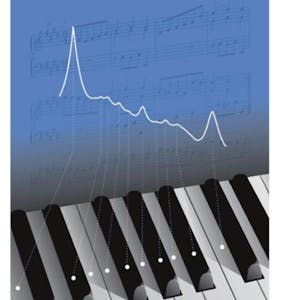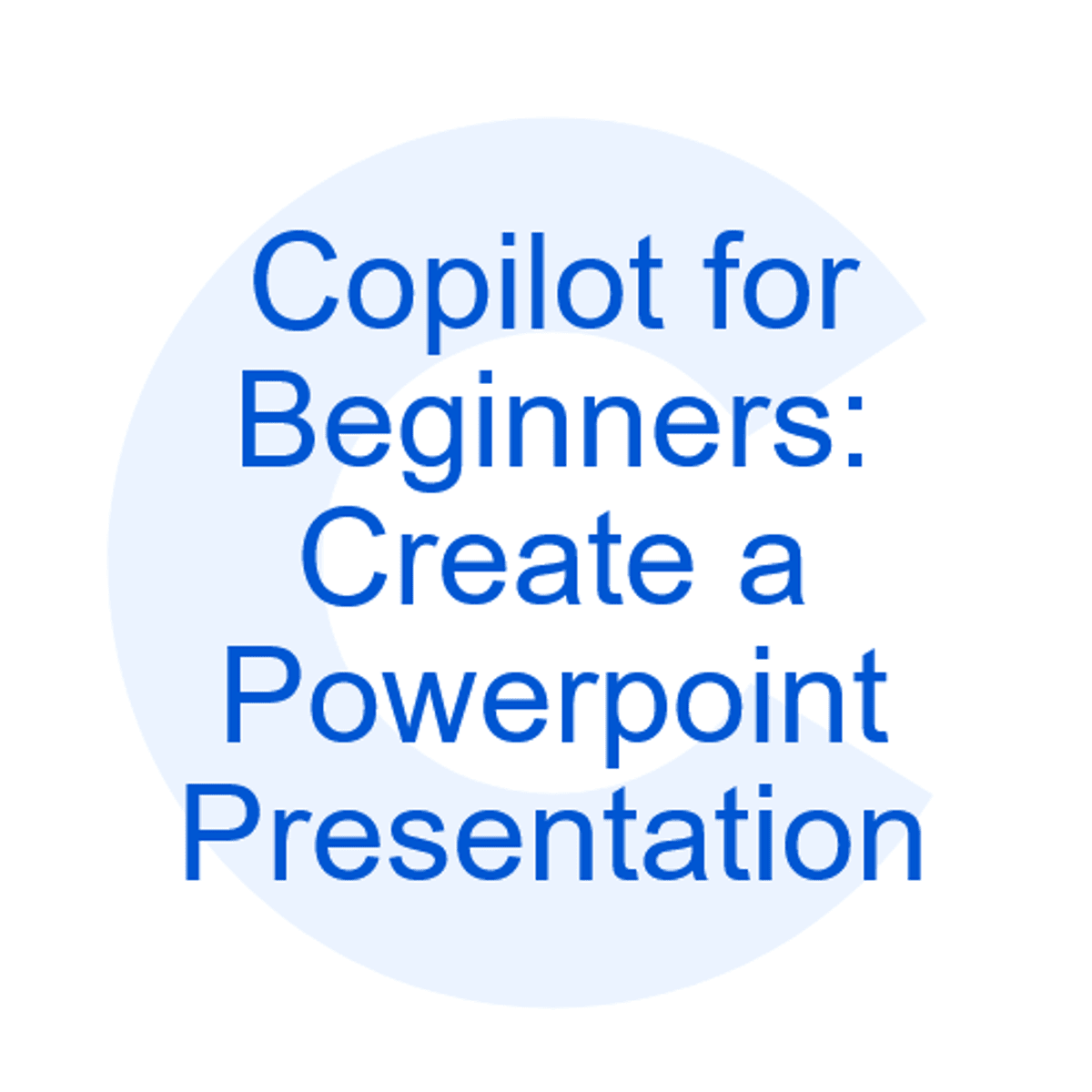Music as Biology: What We Like to Hear and Why
About this Course
The course will explore the tone combinations that humans consider consonant or dissonant, the scales we use, and the emotions music elicits, all of which provide a rich set of data for exploring music and auditory aesthetics in a biological framework. Analyses of speech and musical databases are consistent with the idea that the chromatic scale (the set of tones used by humans to create music), consonance and dissonance, worldwide preferences for a few dozen scales from the billions that are possible, and the emotions elicited by music in different cultures all stem from the relative similarity of musical tonalities and the characteristics of voiced (tonal) speech. Like the phenomenology of visual perception, these aspects of auditory perception appear to have arisen from the need to contend with sensory stimuli that are inherently unable to specify their physical sources, leading to the evolution of a common strategy to deal with this fundamental challenge.Created by: Duke University

Related Online Courses
In this 2-hour long project-based course you will learn how to build a Microsoft PowerPoint presentation using the power of Microsoft Copilot AI. We will do this by creating a product innovation... more
This is a self-paced lab that takes place in the Google Cloud console.In this lab, you learn how to create and modify tile-based dashboard alerts in Looker.Created by: Google Cloud more
This course is designed for novice learners wanting to understand the basics of ISO and IEC security standards. Learners will gain understanding how security standards address the challenges facing... more
This is an introductory course on social determinants of population health with a focus on the United States. The course will introduce you to, or reinforce your knowledge of, issues related to... more
Develop the proficiency required to design and develop comprehensive, scalable, and high-performing applications with the .NET framework via this in-depth specialization. The curriculum is... more







